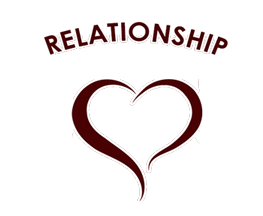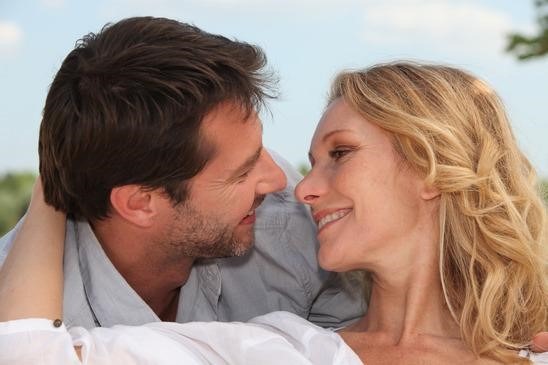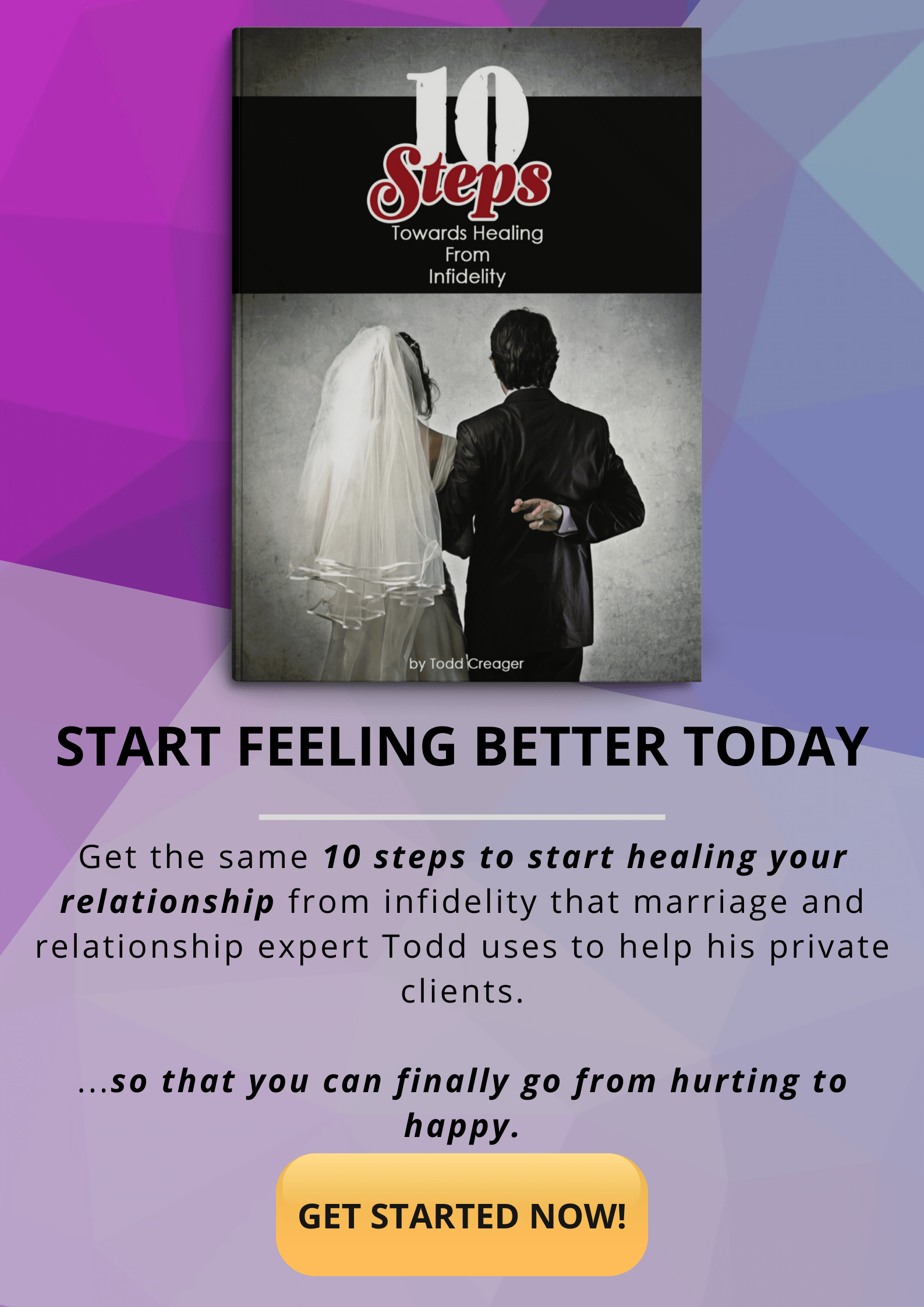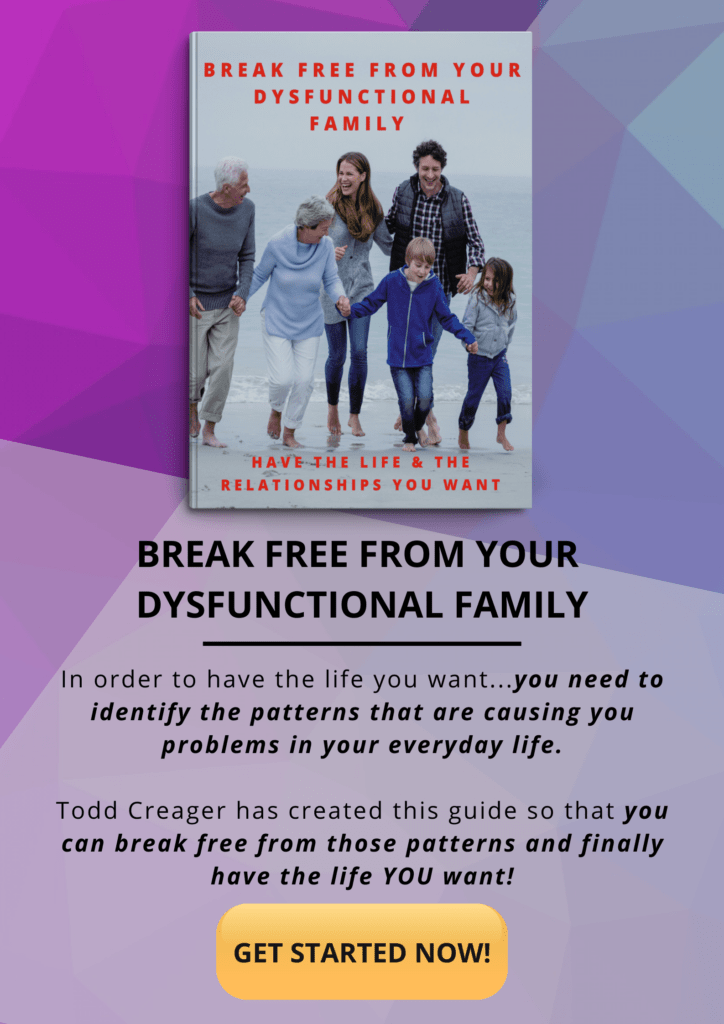Newborns and young babies depend on their caretakers to regulate their emotions until their brain is sufficiently developed to be able to regulate more on their own. When a person goes through a trauma, there is cortisol shooting through the person’s system and is it difficult to regulate feelings and like the newborn can benefit greatly from supportive caring interpersonal relationships. One of the most accepted and researched psychological theories is attachment theory which basically states that the primary motivation for a person the moment he or she is born to attach other people. Attachment theory also states that as a person develops what is called a secure attachment, he or she is better able to attach to others later in life and just as importantly be able to soothe and regulate his or her emotional self. Given that there is such a close relationship between connecting in healthy ways to others and being in emotional balance, here are 3 ways caring relationships can help a trauma survivor.
- People who have a caring network of family and friends can often regain their sense of orientation and emotional control without developing symptoms of PTSD, post-traumatic stress disorder. These people often recover and can return to pre-trauma functioning more quickly.
- People who don’t have a caring support system can hopefully find a good therapist who understands trauma and can help that person process it. This person may have developed insecure attachments when younger but still has the opportunity with an effective therapist to experience a secure relationship with the therapist which can generalize to others in the future thereby giving this person a new chance to have future nurturing relationships. This describes a concept called post-traumatic growth whereby the person ends up in better shape post trauma than even pre-trauma.
- Interpersonal neurobiology is a new and rich field that describes the relationship between how we connect with others and how our neurons connect in our brain. Caring relationships after a trauma can actually help a person rewire his brain (this is called plasticity, the ability of the brain to adapt to their environment in positive or negative ways). Whereas we know that some medications can help a person alleviate depression or anxiety after a trauma, we now know that positive relationships can have similar effects on the brain.
For some people when they go through a trauma, they actually feel out of control and try to go through it alone because it is difficult, embarrassing or anxiety provoking to be seen in that condition. Now the research is showing that the best way to recover from trauma is in community and not going solo. We need to be there for each other when going through trauma or crisis and as it turns out- love still is the best medicine!









Reader Interactions